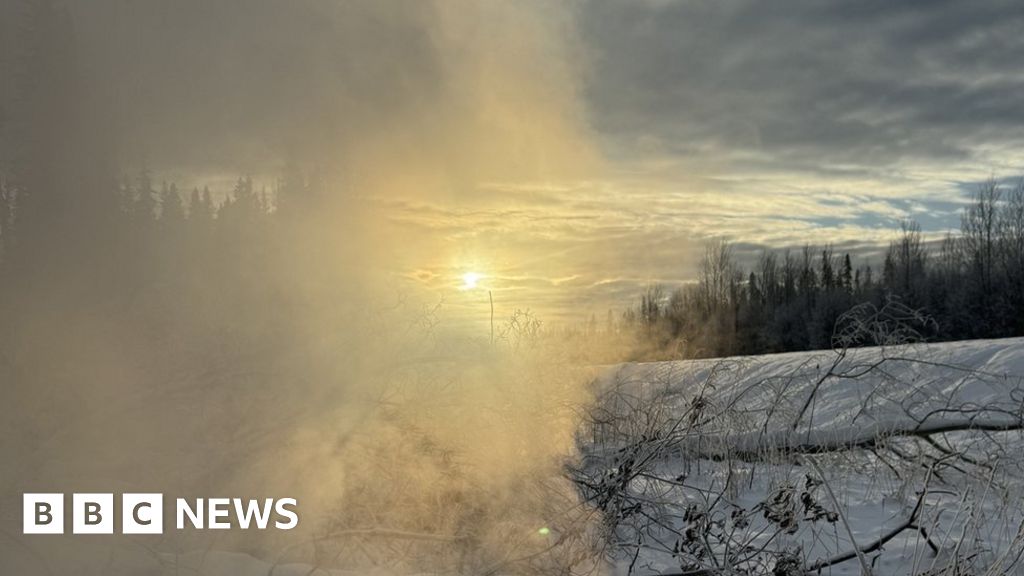Matted Joybeard
Gold Member
- Dec 2, 2014
- 698
- 246
- 178
Alberta is declaring an early start to the 2024 wildfire season.
The legislated wildfire season runs March 1 to Oct. 31, but Todd Loewen, minister of forestry and parks, announced Tuesday the fire season is now underway as a result of warmer-than-normal temperatures and below-average precipitation.
"I know Albertans are feeling uneasy about the risks posed to their homes, communities and daily lives. I understand these concerns and I share them as someone whose home was near the forest and was threatened by wildfire in 2023," he told reporters. "So as of today, a permit is required for any burning plan in the forest protection area."
There are currently 54 wildfires burning in Alberta, 52 of those fires started in 2023.
The legislated wildfire season runs March 1 to Oct. 31, but Todd Loewen, minister of forestry and parks, announced Tuesday the fire season is now underway as a result of warmer-than-normal temperatures and below-average precipitation.
"I know Albertans are feeling uneasy about the risks posed to their homes, communities and daily lives. I understand these concerns and I share them as someone whose home was near the forest and was threatened by wildfire in 2023," he told reporters. "So as of today, a permit is required for any burning plan in the forest protection area."
There are currently 54 wildfires burning in Alberta, 52 of those fires started in 2023.
Last edited:

